A patron saint is one chosen as a special protector or guardian over a certain important area of life, which include occupations, illnesses, churches, countries, societies, places and causes. As early as the fourth century, apostles and martyrs were made patron saints with their names given to people and churches. An example of a patron saint is St. Patrick, the patron saint of Ireland, because he is credited with bringing Christianity to the Irish people. Popes have recently named patron saints, but they can be chosen by individuals or groups as well. During the sacrament of confirmation, the person being confirmed selects a personal patron saint for themselves. Often a saint is chosen today because an interest, talent, or event in the saint’s life matches with the important item to be protected. Angels can also be patron saints but only 3 have been called saints: Michael, Gabriel, and Raphael. A patron saint can help you when you follow the example of the saint’s life and when you ask for the saint’s help to plead with God. Saints have always played an important role in the Church’s response to plagues, and now with the coronavirus, they are being asked to intercede and plead once again. But which are the best saints to pray to during a pandemic? St. Sebastian is possibly the most famous plague saint. In the 3rd century, Sebastian joined the Roman army to help other Christians being persecuted by the Romans. He became an elite member of the Praetorian Guard, brought many soldiers into the Church, was discovered, and was shot with arrows and left for dead. An astonished Christian woman found him still alive and nursed him back to health. Sebastian became a Christian hero and was celebrated for protecting the faithful against plagues. During the Renaissance, he was a favorite subject of artists, who painted him wounded with arrows. St. Sebastian became a symbol for suffering humanity during the plagues, and his miraculous recovery gave the afflicted hope. Abbeys, churches and basilicas were built in his name and with the present coronavirus, St. Sebastian was one of the first saints that Catholics were encouraged to pray to. Another protector from plagues is St. Roch. Born in the 14th century as the son of a wealthy family, he had a striking red cross on his chest. After his parents died, and at the age of 20, he donated his entire fortune to the poor. As a pilgrim in Italy he visited plague-infested cities and miraculously cured the citizens with his red cross and the power God had granted him. He became famous; got sick himself; recovered; returned to France; was mistaken for a spy; and died in prison. When they discovered who he was, he was given a triumphant funeral, and more miracles followed. In 1414 a plague that had broken out was immediately ended when public prayers and processions in St. Roch’s honor took place. St. Rosalia was born in the 12 century and devoted her life to prayer and sacrifice while in a cave. Five hundred years later when a plague fell on the Sicilian city of Palermo, she appeared to a hunter who she instructed to find her bones and bring them to Palermo. Three times throughout the city her bones were carried and they brought an end to the plague. She was made the patron saint of Palermo and a sanctuary was built where her bones were recovered. Today, more than ever we need all the help we can get from our prayers to the saints and to God. As Pope Francis says, “We want to respond to the pandemic of the virus with the universality of prayer, compassion, (and) tenderness. Let us stay united.”
